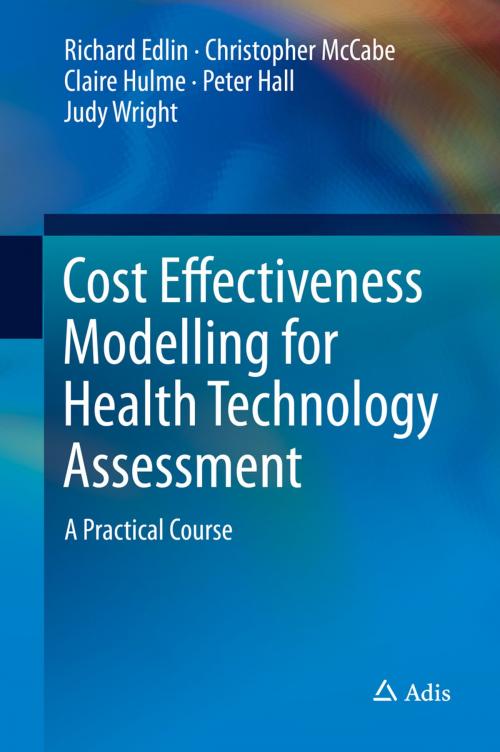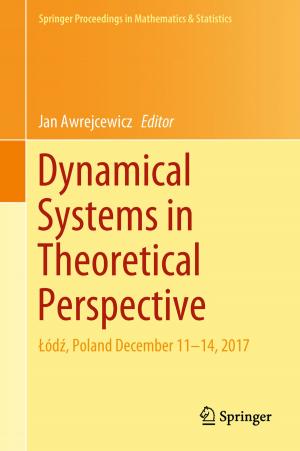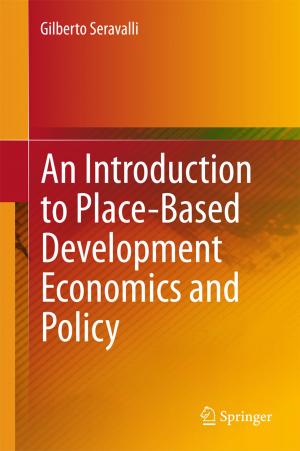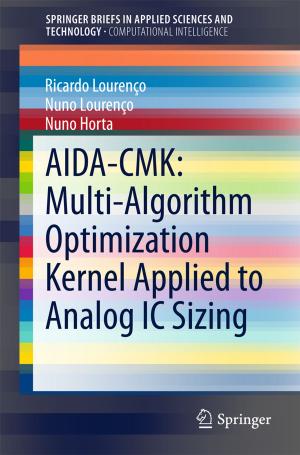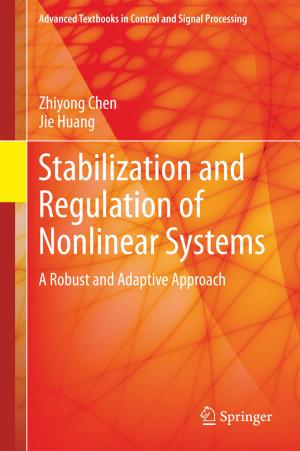Cost Effectiveness Modelling for Health Technology Assessment
A Practical Course
Nonfiction, Health & Well Being, Medical, Medical Science, Pharmacology, Reference, Public Health| Author: | Richard Edlin, Christopher McCabe, Claire Hulme, Peter Hall, Judy Wright | ISBN: | 9783319157443 |
| Publisher: | Springer International Publishing | Publication: | August 11, 2015 |
| Imprint: | Adis | Language: | English |
| Author: | Richard Edlin, Christopher McCabe, Claire Hulme, Peter Hall, Judy Wright |
| ISBN: | 9783319157443 |
| Publisher: | Springer International Publishing |
| Publication: | August 11, 2015 |
| Imprint: | Adis |
| Language: | English |
This book provides an introduction to decision analytic cost-effectiveness modelling, giving the theoretical and practical knowledge required to design and implement analyses that meet the methodological standards of health technology assessment organisations. The book guides you through building a decision tree and Markov model and, importantly, shows how the results of cost-effectiveness analyses are interpreted.
Given the complex nature of cost-effectiveness modelling and the often unfamiliar language that runs alongside it, we wanted to make this book as accessible as possible whilst still providing a comprehensive, in-depth, practical guide that reflects the state of the art – that includes the most recent developments in cost-effectiveness modelling. Although the nature of cost effectiveness modelling means that some parts are inevitably quite technical, across the 13 chapters we have broken down explanations of theory and methods into bite-sized pieces that you can work through at your own pace; we have provided explanations of terms and methods as we use them. Importantly, the exercises and online workbooks allow you to test your skills and understanding as you go along.
This book provides an introduction to decision analytic cost-effectiveness modelling, giving the theoretical and practical knowledge required to design and implement analyses that meet the methodological standards of health technology assessment organisations. The book guides you through building a decision tree and Markov model and, importantly, shows how the results of cost-effectiveness analyses are interpreted.
Given the complex nature of cost-effectiveness modelling and the often unfamiliar language that runs alongside it, we wanted to make this book as accessible as possible whilst still providing a comprehensive, in-depth, practical guide that reflects the state of the art – that includes the most recent developments in cost-effectiveness modelling. Although the nature of cost effectiveness modelling means that some parts are inevitably quite technical, across the 13 chapters we have broken down explanations of theory and methods into bite-sized pieces that you can work through at your own pace; we have provided explanations of terms and methods as we use them. Importantly, the exercises and online workbooks allow you to test your skills and understanding as you go along.
